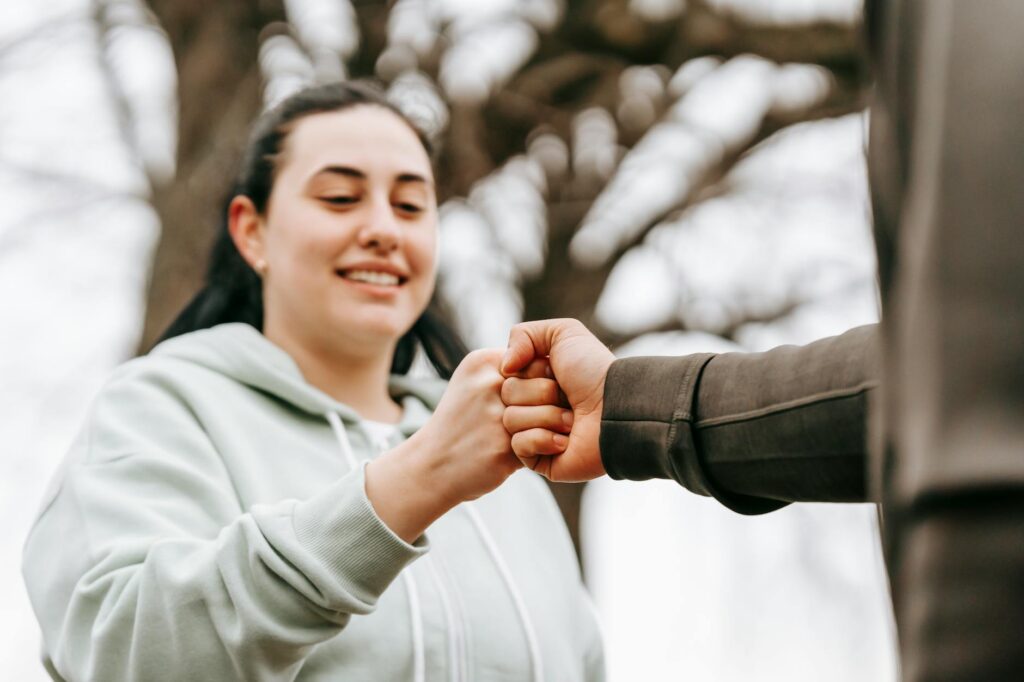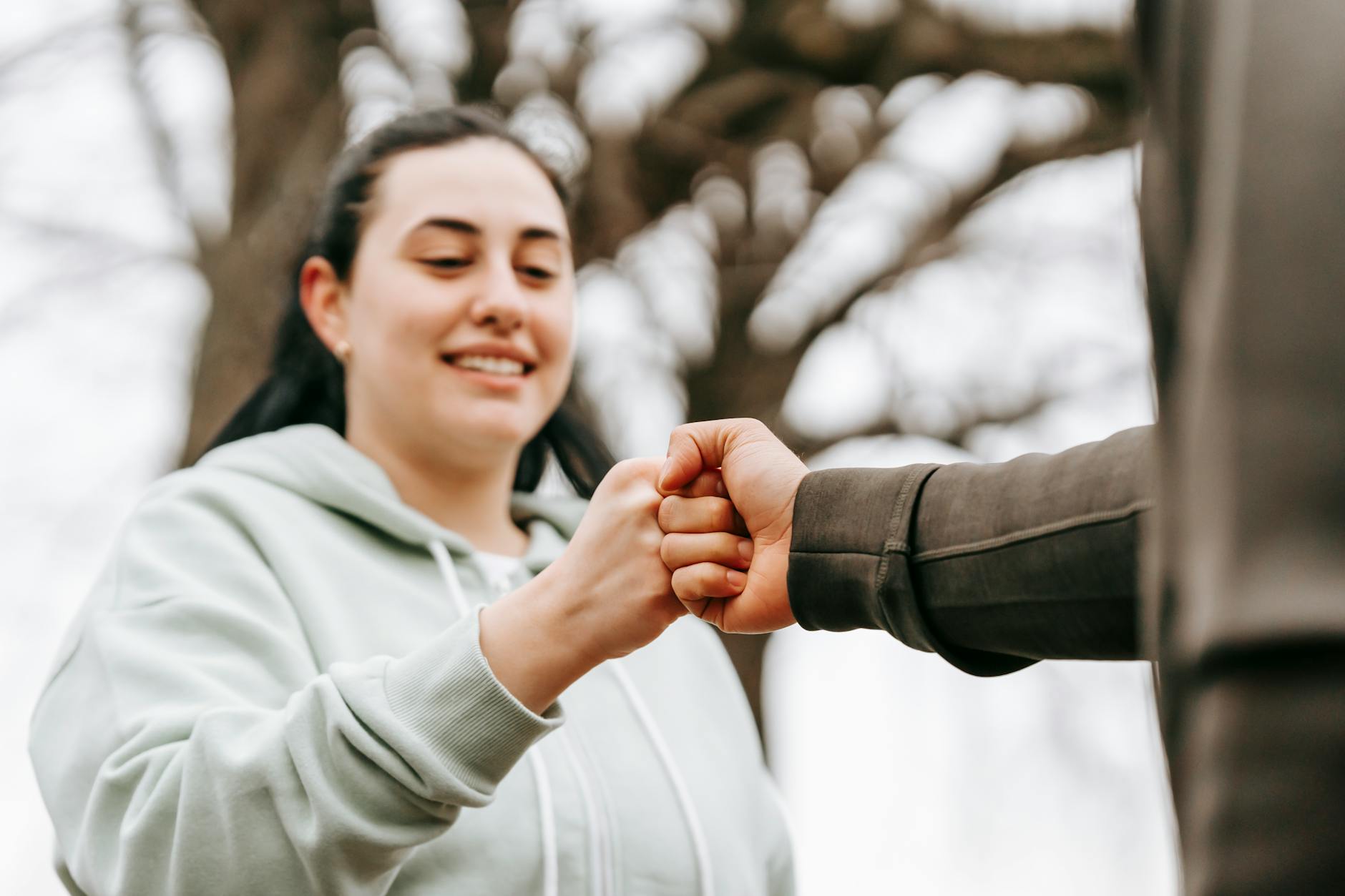What is peer relationship difficulties?

What is peer relationship difficulties?
Navigating the social landscape of life can often feel like walking a tightrope. As we interact with others, especially peers, we sometimes encounter bumps along the way. These bumps, known as peer relationship difficulties, can significantly impact our emotional well-being and personal development. Understanding these difficulties is crucial for fostering healthier relationships and improving our overall quality of life.
Understanding Peer Relationship Difficulties
Peer relationship difficulties refer to challenges individuals face in forming and maintaining positive interactions with their peers. These issues can manifest in various ways, including conflict, misunderstandings, and feelings of isolation. Such difficulties are not merely a phase but can have lasting effects on one’s social skills, self-esteem, and overall mental health.
Characteristics of Peer Relationship Difficulties
How can you tell if you’re facing peer relationship difficulties? Here are some typical signs:
- Frequent Conflicts: Constant disagreements or arguments with friends or colleagues can indicate underlying issues.
- Miscommunication: Struggling to convey your thoughts or interpreting others’ words can create barriers in relationships.
- Feelings of Isolation: If you often feel left out or disconnected from your peers, this may signal deeper relationship problems.
These characteristics can lead to a cycle of negative interactions, making it challenging to form healthy connections.
Common Causes of Peer Relationship Difficulties
Understanding the roots of these difficulties can help in addressing them effectively. Some common causes include:
- Personality Clashes: Different personalities can lead to misunderstandings and conflicts. For instance, an extroverted person might struggle to connect with an introverted peer.
- Social Anxiety: Individuals with social anxiety may find it hard to engage in conversations, leading to missed opportunities for connection.
- External Pressures: Influences from family, culture, or societal expectations can create stress in peer relationships, making it hard to maintain a friendship or collaboration.
These factors contribute to a challenging social landscape where misunderstandings can thrive.
Impact of Peer Relationship Difficulties
The effects of peer relationship difficulties extend beyond social interactions; they can have profound implications on emotional and psychological well-being.
Effects on Mental Health
Research shows that peer relationship difficulties can lead to significant mental health issues. According to studies, individuals facing these challenges are more likely to experience:
- Anxiety: Constant worry about social interactions can lead to heightened anxiety levels.
- Depression: Feelings of isolation and rejection can contribute to depressive symptoms.
- Low Self-Esteem: Struggles in relationships can lead to a negative self-image and decreased confidence.
The connection between peer relationships and mental health is well documented, highlighting the importance of addressing these issues early on. You can explore more about this connection in articles like Mental health disorders and adolescent peer relationships.
Influence on Academic and Professional Performance
Beyond emotional health, peer relationship difficulties can hinder productivity and focus in academic and work environments. Individuals may struggle to collaborate effectively, leading to:
- Decreased Productivity: Misunderstandings can create inefficiencies in group projects or team settings.
- Lower Academic Performance: Students who experience peer difficulties may find it hard to engage in collaborative learning, affecting their grades.
- Career Advancement Issues: In professional settings, strained relationships can limit networking opportunities and career growth.
Understanding these impacts is crucial for anyone looking to improve their academic or professional trajectories.
Strategies to Overcome Peer Relationship Difficulties
The good news is that peer relationship difficulties can be addressed with practical strategies. Here are some actionable steps you can take to enhance your interactions with peers.
Effective Communication Techniques
Improving communication can transform your peer relationships. Here are some techniques:
- Active Listening: Pay attention to what others are saying without interrupting. This shows respect and fosters understanding.
- Clarification Questions: If something isn’t clear, ask questions to ensure you understand the other person’s perspective.
- Use “I” Statements: Express your feelings using statements like “I feel” rather than blaming others, which can reduce defensiveness.
These techniques can significantly enhance the quality of your interactions and help resolve conflicts.
Building Empathy and Understanding
Cultivating empathy is essential for healthy peer relationships. Here are some ways to build empathy:
- Put Yourself in Their Shoes: Try to understand how your peers feel and what they might be going through.
- Share Experiences: Open up about your feelings and experiences, encouraging others to reciprocate. This can strengthen bonds and foster trust.
- Be Open to Feedback: Accept constructive criticism gracefully. Understanding how others perceive your behavior can help you grow.
By nurturing empathy and understanding, you create a more supportive environment for everyone involved.
Seeking Professional Help
Sometimes, peer relationship difficulties may require outside support. Consider seeking help if:
- Persistent Issues: If relationship problems seem unresolvable, talking to a counselor or therapist can provide valuable insights.
- Emotional Distress: If these difficulties lead to anxiety or depression, professional guidance can help you navigate these feelings more effectively.
Counselors can offer specialized strategies tailored to your unique situation, making it easier to improve your relationships.
Conclusion
Peer relationship difficulties can pose significant challenges, affecting emotional health and overall productivity. By recognizing the signs, understanding the causes, and implementing effective strategies, you can pave the way for healthier peer interactions. It’s essential to address these difficulties early on, fostering personal growth and creating more fulfilling social experiences. Remember, improving your relationships not only benefits you but also creates a positive ripple effect in your community and beyond.

Photo by Andres Ayrton